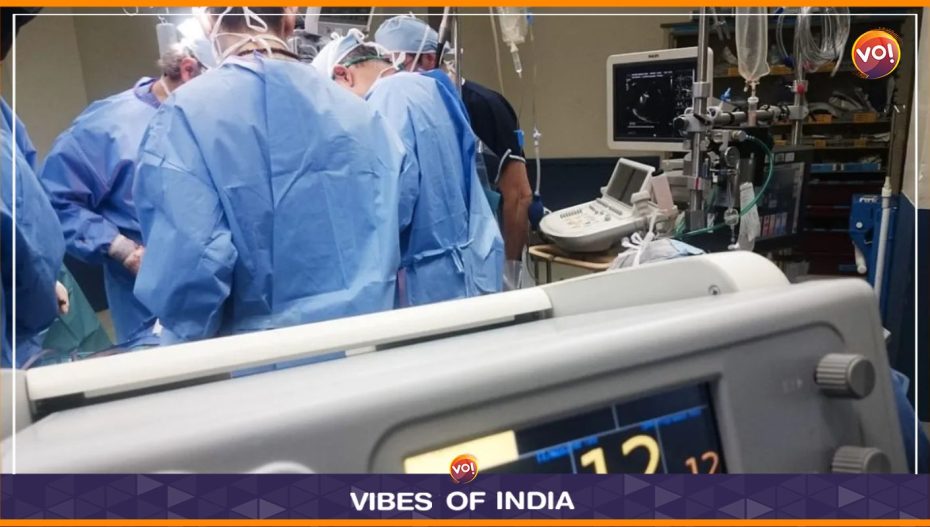You are in a sacred space when you are under the scalpel. But the surgery upon you is being broadcast to educate doctors. The surgeon is even addressing questions during the process. Even if you are comfortable with the arrangement, doubts are bound to shroud your mind. Will it distract the surgeon? Is it a risk then?
A senior official of the National Medical Commission (NMC) announced that the association has chosen to create a panel to determine its position regarding the live broadcast of surgical procedures.
According to The Print, Dr Yogender Malik of NMC’s Medical Ethics and Registration Board said the Supreme Court had requested the association’s opinion on the subject, but stated that its members held differing views.
In response to a plea that raised moral and legal concerns regarding the live broadcasting of surgical procedures, the top court requested a response from the Center and other parties, including the NMC, on October 13. The petitioners compared surgeons interacting with the audience while performing procedures on Virat Kohli. The public interest litigation (PIL) was filed by several Delhi residents.
Petitioner Dr Rahil Choudhary, an ophthalmologist, told ThePrint that live surgeries glorified and benefited surgeons.
“During live surgeries that are telecast in conferences, hundreds of doctors are allowed to interact with the operating surgeon, who keeps taking questions from the audience,” he said, arguing that this may distract the doctor.
“These demonstrations are often sponsored by medical device-makers… and are not in the interest of patients at all,” he was quoted as saying.
Alluding to the death of a patient at the All India Institute of Medical Sciences during one such live procedure in 2015, he mentioned that many countries had already prohibited the practice, but India lacked a strong policy in this regard.
“This triggered our petition as we cannot allow this practice to be adopted by large associations of doctors… On many occasions, surgeries are botched during live broadcasts but are not highlighted, as that would show doctors in a bad light,” he told The Print.
He believes pre-recorded procedures, instead of live surgeries, can be shown to doctors to upgrade their knowledge.
AIOS president Dr Harbansh Lal told the media house that “there is no better tool than live surgeries to transfer the surgery skill and build confidence among doctors”.
“Even when a surgery is not shown live in a conference, in medical colleges, it is shown to residents and learning doctors routinely,” he was quoted as saying.
“Aren’t surgeons carrying out procedures on VIP patients under added stress,” he asked, adding that this was permitted under the NMC regulations.
Dr RV Asokan, president-elect of the Indian Medical Association, suggested informed consent of the patients for live teach-ins.
He told The Print, “We should keep in mind that dissemination of knowledge and skills is the only way to teach the next generation of students. Advanced techniques of media and communication have to be put to full use to benefit many learners.”
Also Read: Uttarakhand Government Partners With Efcee Hotels For Statewide Hotel Projects












